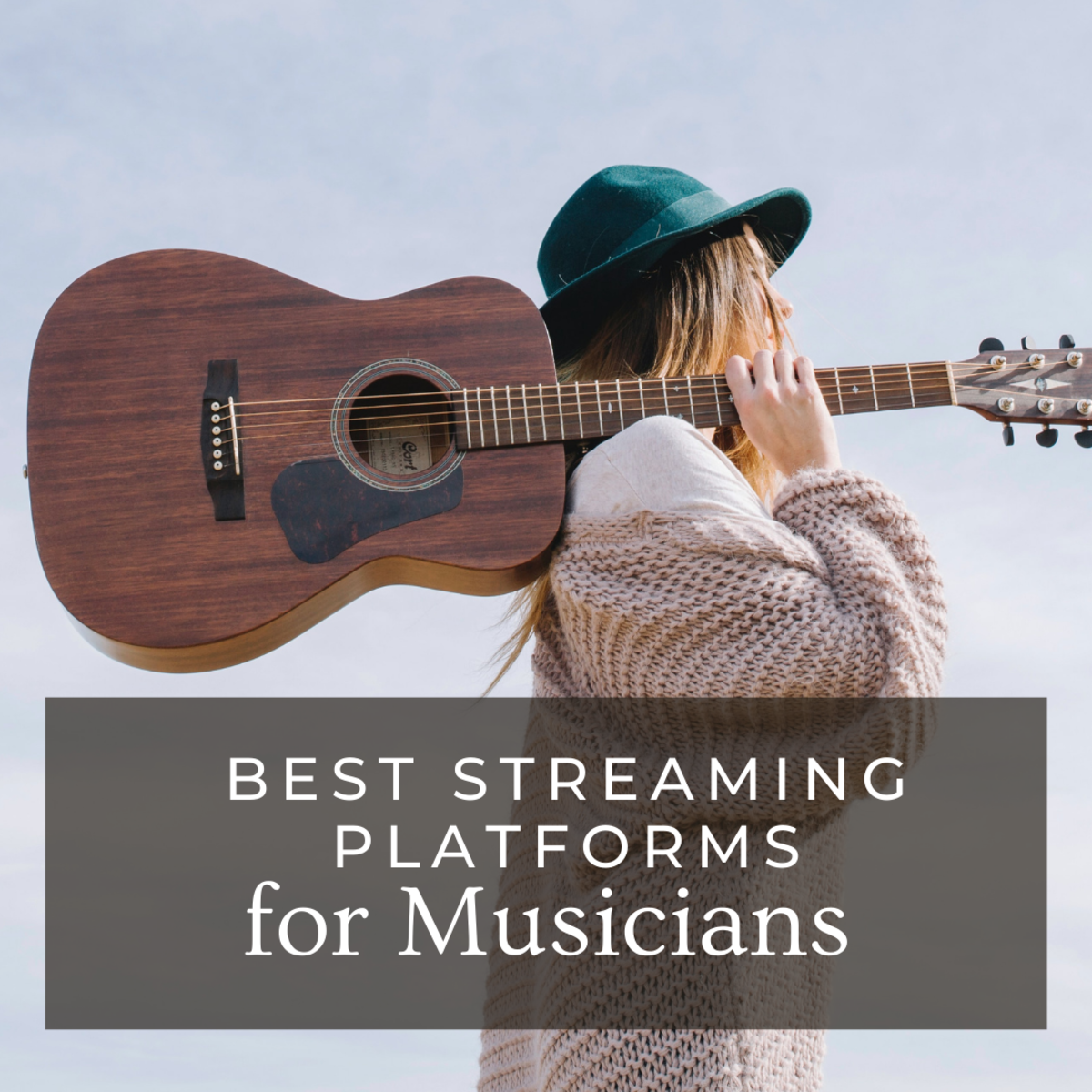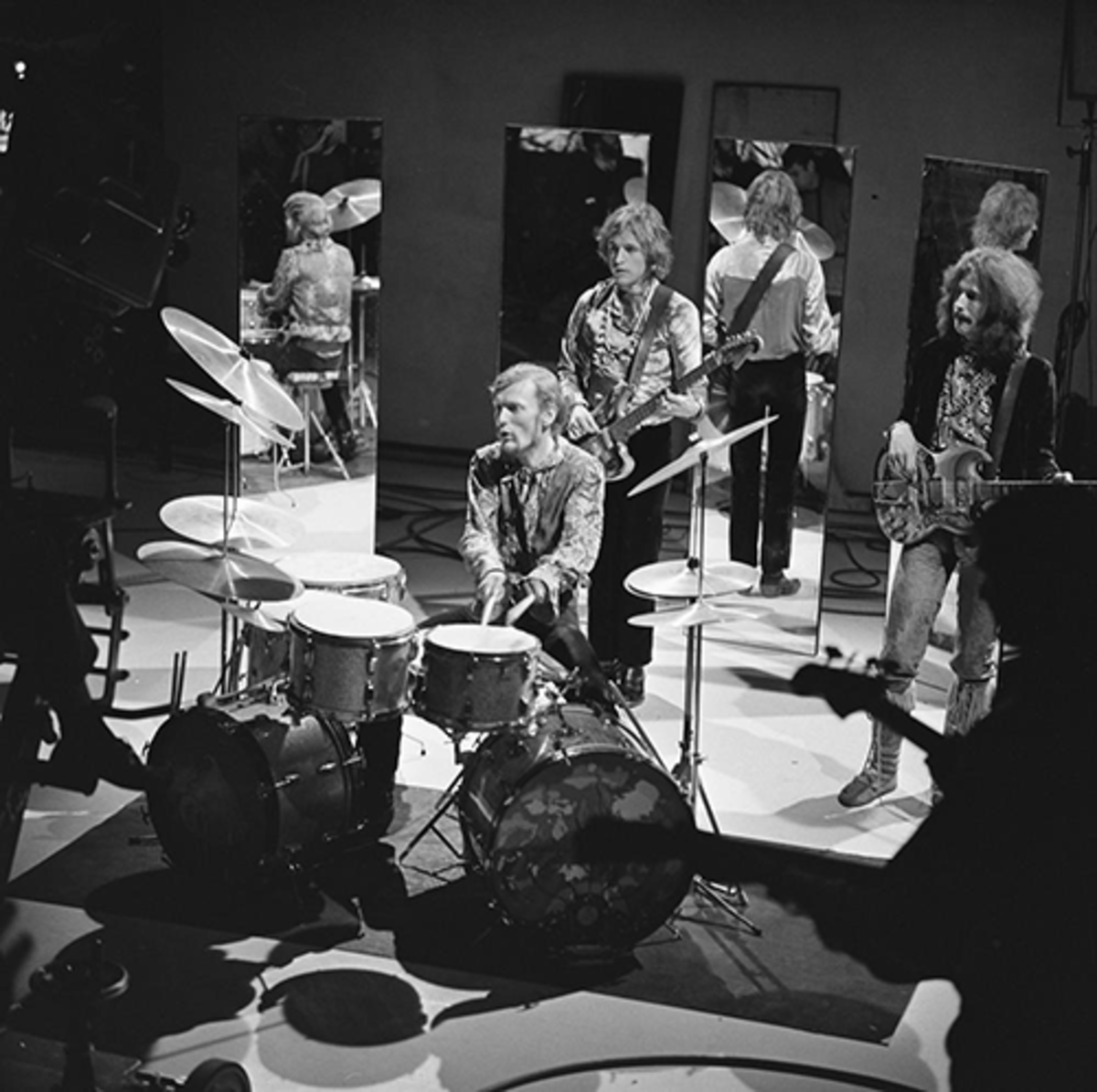Censorship in Music

Censorship and Music
In 1997 Kerry Brock pronounced the following words: "To hear one voice clearly, we must have freedom to hear them all." Shall we agree with that or shall we put forward certain doubts? This is where a forever controversial subject is being touched upon again - the matter of 'censorship'. Anything can be censored but music has been its favorite object for years now. What's in it and why has it stirred arguments for such a long time? Let's take a bit of a di ve into this phenomenon.

The essentials
Basically censorship occurs when the government (state, federal or local) attempts to restrict the type of music that can be composed, distributed, purchased and played in our community. The forms it takes are most varied, like banned concerts, sticking special labels (“Parental Advisory”), banned covers, clothing and anything that violates a number of criteria claimed. But what exactly can be defined by ‘criteria’ is still not fully clear, to musicians at least. So who decides what’s right or wrong about the way music sounds, or looks? Normally organizations involved in music censoring are radio stations, music television, various companies (like Walmart is), and organizations (like PMRC – Parents’ Music Resource Center, for example). All of them ‘execute’ the decision for labeling albums and such, though the main decision is taken much higher, from the top.

Debates
That’s a universally acknowledged truth that we are humans. And humans have rights. And musicians are humans too. Thus they have rights too. After the adoption of the Universal Declaration of Human Rights each one of us received a number of ‘steel’ rights that have constituted an enormous part of our lives since then. One of the rights obviously was intended to guarantee people the choice for getting heard – the “freedom of expression”. Some transmit their thoughts and ideas through actions, others through words, others through music and some even through non-action. What regards musicians, they mostly use their right in similar ways. According to the above mentioned Declaration, the famous right in the case of musicians implies freedom to play music in public as well as in private, freedom to give concerts and release CDs. Of course, there are exceptions that can be put into a general phrase “do what you want to unless it violates the public order”. But what in some cultures is unacceptable, in others is quite normal. So where do we land in that? To any member of a music community the view that there are positively no advantages to music censorship would seem rather logical. Rooting this view in the already vulnerable freedom of speech, musicians aspire to speak out their minds independently. But not every other one would subscribe to this point of view. Let’s take a married couple, an average family who have kids and who express their concern about the cultural surroundings their children grow in. One wouldn’t like to watch his/her offspring getting “spoilt” by the malicious influence of the ‘bad’ contents, and that’s fair enough. However, dear parents, isn’t it your full and direct responsibility to bring up your children and teach them to make distinction between the good and the bad? Don’t put the blame on ‘them’, first try to consider your own ways of up-bringing and take decisive steps.
Oh, Don't Listen to Them
Throughout the history a lot of names have appeared on the list of 'banned' artists. And, surprisingly, not only pop and rock genres were to undergo censorship (being most likely to find prohibited stuff in), classical music had to face it too.
The Freemuse organization has published a list of names of artists who have been censored some time ago. Alongside with such well-known recent musicians as Madonna (USA), Eminem (USA), Miguel Angel Estrella (Argentine), Parissa (Iran), Paul McCartney (UK), Gorki Carrasco (Cuba), one can be surprised to see some classical composers on the list too. Among them many's favourite German composer Richard Wagner who has been occasionally banned in Israel, Giuseppe Verdi, whose "La Traviata" was banned across Europe for the lyric "He took the desired prize in the arms of love", which was considered too suggestive.
Russian composer Dmitri Shostakovich also belongs here - he was censored and harassed during Stalin's time in power. Igor Stravinsky's arrangement of "The Star-Spangled Banner" was banned in Boston in 1941. And Austrian composer Arnold Schonberg was banned in Nazi-Germany, where authorities branded his music "Degenerate" and "Bolshevist".
Arguing to be continued
As we can see – the censorship machine left little untouched. On the one hand having ‘order’ as a major aim, it tries to get rid of ‘waste’ content, but at the same time much useful effects might be swept as well. So many debates, so many arguments, so much noise – but it’s pretty much doubtful that one and only point of view would ever be reached and accepted. Time leaves its stamp on people’s attitude and no one can escape this influence. Moreover, in such a multicultural world we live in today, that influence would be curved and distorted from meridian to meridian.
What's Your Attitude to Music Censorship?
Duel Debate - It's one of our universal rights too - to have our own opinion.
So share it here, no censorship applies =)
Censorship in Music ?






